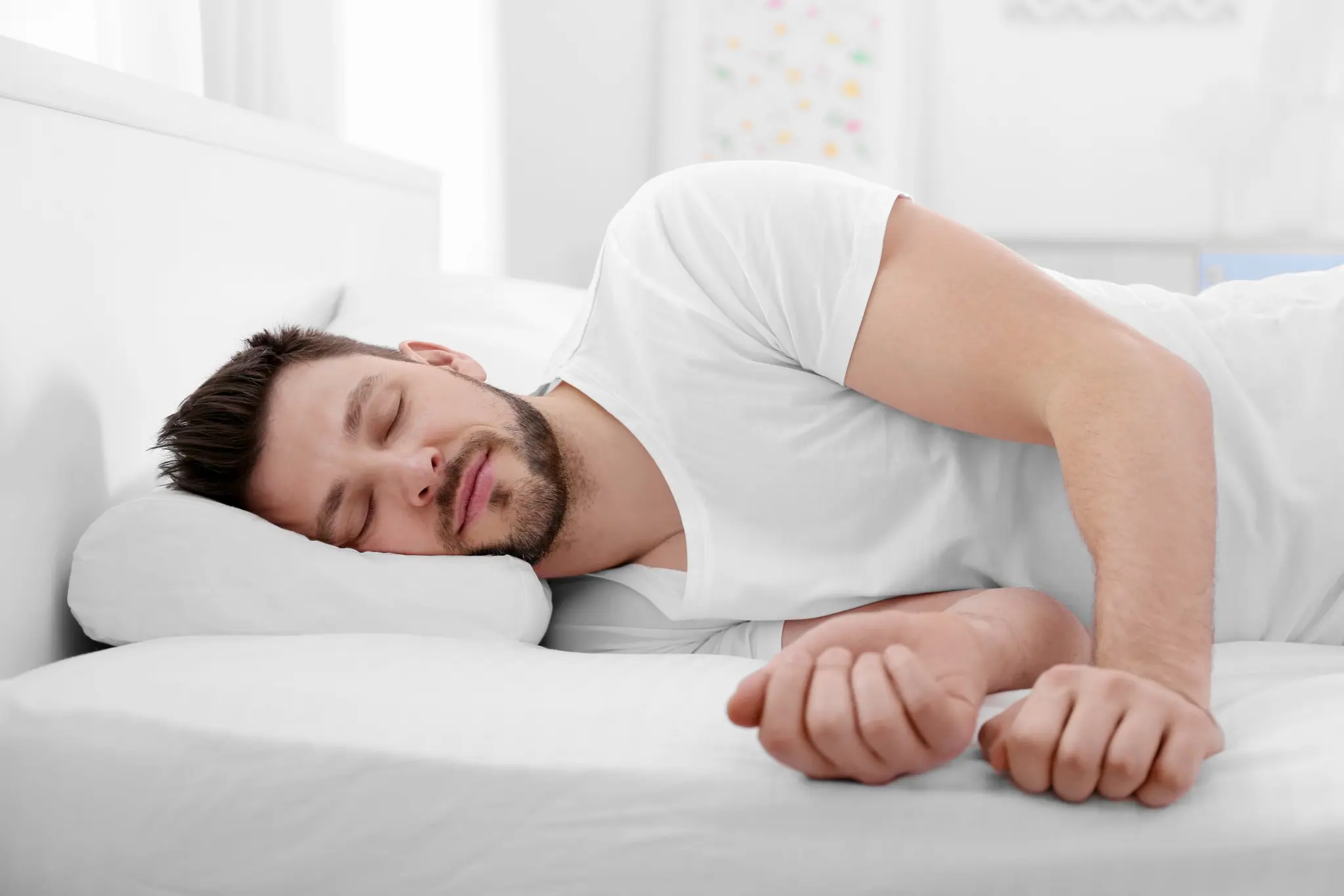
Experiencing sudden excessive sleepiness can be alarming and disruptive to daily life. This condition, often referred to as hypersomnia, can interfere with your productivity, mood, and overall well-being. Understanding the causes and implementing effective strategies to manage excessive sleepiness is crucial for maintaining a healthy lifestyle. In this article, we will explore various approaches to combat this issue, empowering you to regain control of your energy levels.
Understanding Sudden Excessive Sleepiness
Sudden excessive sleepiness can stem from various factors, including:
- Sleep Disorders: Conditions like sleep apnea, narcolepsy, or restless leg syndrome can lead to unrefreshing sleep and daytime drowsiness.
- Lifestyle Factors: Poor sleep hygiene, irregular sleep patterns, and high-stress levels can contribute to feelings of excessive sleepiness.
- Medical Conditions: Underlying health issues, such as hypothyroidism, depression, or chronic fatigue syndrome, may also manifest as excessive daytime sleepiness.
- Medications: Some medications, including certain antidepressants and antihistamines, can cause drowsiness as a side effect.
Identifying the underlying cause of your excessive sleepiness is crucial in determining the most effective management strategies.
Strategies to Combat Excessive Sleepiness
1. Establish a Consistent Sleep Schedule
One of the most effective ways to combat excessive sleepiness is to maintain a regular sleep schedule. Go to bed and wake up at the same time each day, even on weekends. This consistency helps regulate your body’s internal clock, leading to more restful and restorative sleep.
2. Create a Sleep-Friendly Environment
Your sleep environment plays a significant role in the quality of your rest. Ensure your bedroom is conducive to sleep by:
- Minimizing Noise: Use earplugs or white noise machines to block out disruptive sounds.
- Controlling Light: Install blackout curtains or use eye masks to create a dark environment, which signals to your body that it’s time to sleep.
- Regulating Temperature: Keep your room cool and comfortable, as a lower temperature can promote better sleep quality.
3. Practice Good Sleep Hygiene
Good sleep hygiene habits can significantly improve the quality of your sleep. Consider the following practices:
- Limit Screen Time: Reduce exposure to screens (phones, computers, TV) at least an hour before bed, as blue light can interfere with melatonin production.
- Avoid Stimulants: Limit caffeine and nicotine intake, especially in the afternoon and evening, as they can disrupt your sleep patterns.
- Establish a Pre-Sleep Routine: Engage in calming activities such as reading, meditation, or gentle stretching before bed to signal to your body that it’s time to wind down.
4. Incorporate Physical Activity
Regular physical activity can improve sleep quality and reduce daytime sleepiness. Aim for at least 30 minutes of moderate exercise most days of the week. Activities like walking, cycling, or yoga can enhance your overall energy levels and improve your sleep patterns.
5. Stay Hydrated and Eat Well
Dehydration and poor nutrition can contribute to feelings of fatigue. Ensure you’re drinking enough water throughout the day and consuming a balanced diet rich in whole grains, fruits, vegetables, and lean proteins. Foods high in vitamins and minerals, particularly B vitamins, can help boost energy levels and reduce sleepiness.
6. Manage Stress and Mental Health
Chronic stress and anxiety can lead to sleep disturbances. Implement stress-reduction techniques such as:
- Mindfulness Meditation: Practicing mindfulness can help you become more aware of your thoughts and feelings, reducing anxiety and promoting relaxation.
- Deep Breathing Exercises: Engaging in deep breathing exercises can activate the body’s relaxation response, helping to alleviate stress.
- Seeking Professional Help: If stress or mental health issues are significantly impacting your sleep, consider consulting a mental health professional.
FOR MORE INFORMATION CLICK HERE : mothers day gifts dubai
When to Consider Medical Help
If you find that your excessive sleepiness persists despite making lifestyle changes, it may be time to consult a healthcare professional. They can assess your symptoms and potentially conduct tests to determine if an underlying medical condition is contributing to your sleepiness. In some cases, medication may be necessary to manage your symptoms effectively.
For example, certain medications like Zhewitra 20 mg or Cenforce 200 mg can be prescribed to help manage related issues, such as low energy levels or mood disorders. Always consult a healthcare provider before starting any new medication to ensure it aligns with your individual health needs.
Conclusion
Dealing with sudden excessive sleepiness can be challenging, but implementing the right strategies can help you regain control over your energy levels. By establishing a consistent sleep schedule, creating a sleep-friendly environment, practicing good sleep hygiene, and managing stress, you can significantly reduce feelings of excessive drowsiness.

Leave a Reply